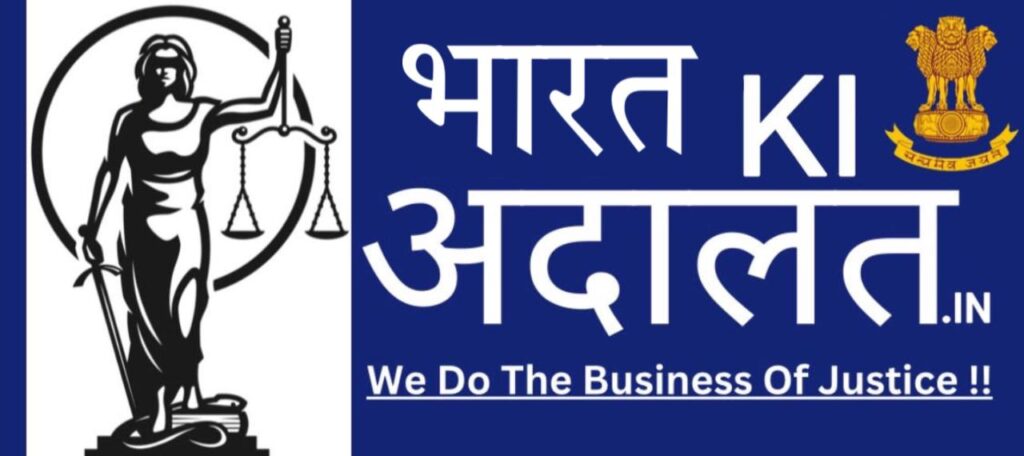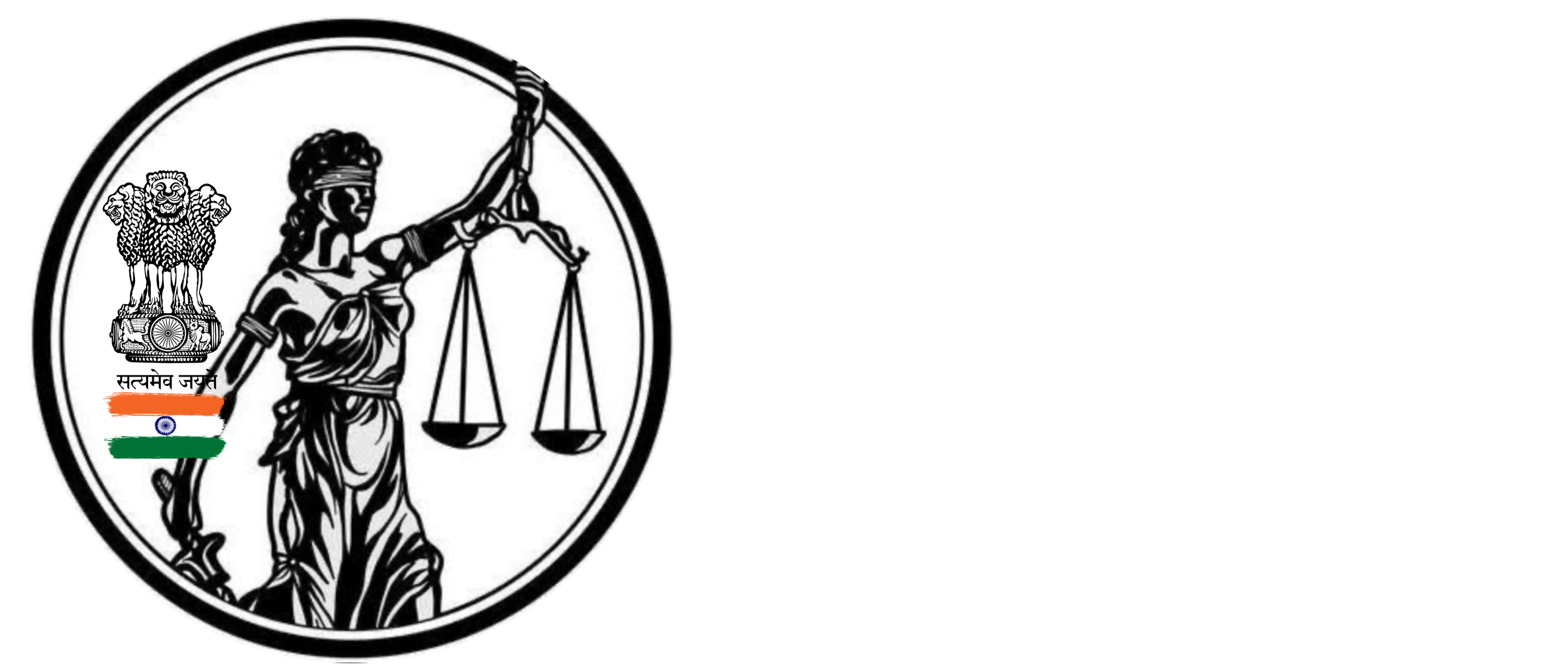Harassed by loan agents? The law protects you!
Introduction
Getting a loan is a common financial move. It can help with big purchases or emergencies. But, sometimes, people struggle to repayments .
While banks have the right to collect loans, some agents go too far. They use harassment and intimidation. The RBI and Indian law aim to stop this.
We’ll talk about the laws against loan recovery harassment. We’ll also cover your rights and what to do if you’re being harassed in loan recovery
Problem: The Dark Side of Loan Recovery
Harassment by Recovery Agents
Loan defaults are a worry, but they don’t justify harassment. Many face threatening calls, visits, and even violence. The pandemic has made this worse.
Agitation: Real-Life Impact of Loan Recovery Harassment
Emotional and Psychological Effect
Imagine constant phone calls and visits from agents. It can cause a lot of stress. Many feel trapped and don’t know their Legal rights.
Case Study: A Victim of Loan Recovery Harassment
Ms. Nisha took a loan but couldn’t pay back. Recovery agents called her daily, using bad language. They threatened legal action and damaged her credit.
She didn’t know her rights. If she had, she could have sought legal help.
Solution: Know Your Legal Rights and Protections
Borrowers are protected by laws against harassment. The RBI and courts have set rules for fair recovery practices.
Here’s what you need to know about your rights and what to do if harassed:
- RBI Guidelines for Loan Recovery
The RBI has rules for banks and NBFCs to follow. These ensure recovery is fair and respectful. Here’s what the RBI says:
- Respect and Dignity: Agents must treat borrowers with respect. No abusive language or threats.
- Timely Communication: Agents can call or visit between 8:00 AM and 7:00 PM. No excessive calls.
- Written Notice: Financial institutions must give written notice before legal action.
- Trained Agents: Agents must be trained and identify themselves. They should carry valid ID.
These rules protect borrowers while allowing fair recovery.
- Indian Penal Code (IPC) Protection
The RBI has rules to protect borrowers from loan recovery harassment. But, the Indian Penal Code (IPC) also has laws to help. If you’re being harassed, these IPC sections might apply:
- Section 503: This section deals with criminal intimidation. If recovery agents threaten you or your family, you can take legal action.
- Section 506: This section punishes criminal intimidation. It includes jail time if threats are made to harm you or damage property.
- Section 341: If a recovery agent illegally holds you, they can be charged under this section.
- Section 323: If someone gets hurt during recovery, the agent can be charged with causing harm.
These laws give borrowers strong protection against harassment.
- Consumer Protection Act, 2019
The Consumer Protection Act, 2019 also protects borrowers. It treats them as consumers of banking services. If you’re being harassed, you can file a complaint for:
- Unfair Trade Practices: Harassment by recovery agents is unfair.
- Deficiency of Service: Banks must provide good service. Misconduct by agents is a service deficiency.
The National Consumer Disputes Redressal Commission (NCDRC) can handle complaints against unfair loan recovery practices.
- Legal Recourse: Filing Complaints and Lawsuits
If loan recovery agents are harassing you, don’t stay silent. Here’s what you can do:
a. File a Complaint with the Financial Institution
First, report the issue to the bank or NBFC. Most have grievance redressal mechanisms. Keep a record of your complaint and follow up.
b. Approach the Banking Ombudsman
If the bank doesn’t help within 30 days, go to the Banking Ombudsman. The RBI’s Banking Ombudsmen help with banking issues, including harassment. It’s free.
c. File a Police Complaint
If threats or violence happen, file a First Information Report (FIR) at the police station. The IPC will protect you from criminal actions.
d. Civil Lawsuits for Damages
For severe harassment, you can sue the bank or NBFC for damages. This includes compensation for mental harm, defamation, or loss of reputation.
e. File a Complaint with the National Human Rights Commission (NHRC)
If harassment violates your human rights, like illegal entry or threats, contact the National Human Rights Commission (NHRC). They can investigate and suggest actions against violators.
- Your Rights Under SARFAESI Act, 2002
The SARFAESI Act, 2002 applies to secured loans. It protects borrowers:
- 60-Day Notice: Banks must give a 60-day notice before repossessing your property. This gives you time to pay back.
- *Appeal Process: You can appeal to the *Debt Recovery Tribunal (DRT) if you think the bank’s actions are unfair.
The SARFAESI Act ensures borrowers’ rights are respected, even with secured loans.
6. RBI and Court Rulings Against Harassment
Several court rulings and RBI circulars have strengthened protections for borrowers. A key case is ICICI Bank Ltd. v. Shanti Devi Sharma. The court said recovery agents can’t use force or harassment to get back loans.
The Supreme Court of India also made a point. It said loan recovery must follow due process. Any violation can lead to penalties for banks and NBFCs.
- Case Study: Court Intervenes Against Loan Recovery Harassment
A borrower from Mumbai sued a leading private bank for harassment. The court ruled in favor of the borrower. It awarded him compensation for mental agony and told the bank to improve its practices.
This case shows borrowers have the right to seek legal recourse and compensation when treated unfairly.
- Preventing Loan Recovery Harassment: Know What to Do
If you’re facing harassment from loan recovery agents, here’s what to do:
- Keep a Record: Document every interaction with loan recovery agents. This evidence will help in legal proceedings.
- Stay Calm: Don’t respond to threats with aggression. Politely ask for identification and tell them you know your rights.
- Consult a Lawyer: If harassment continues, consult a lawyer who specializes in consumer rights or banking disputes.
- Escalate the Issue: Use all available channels to file complaints, including with the bank, the Banking Ombudsman, and the police if necessary.
Conclusion: Stand Up for Your Rights
While falling behind on a loan repayment is stressful, harassment is not something to tolerate. The law is on your side. From RBI guidelines to court rulings and consumer protection laws, there are legal avenues to protect you from aggressive recovery tactics.
Remember, financial institutions must follow ethical practices during loan recovery. If they overstep, you have the right to take legal action. Don’t let harassment go unchecked—know your rights and stand up against unlawful recovery practices.
Suggested Searchable Subtopics:
- Loan Recovery Harassment: Legal Rights in India
- RBI Guidelines for Loan Recovery Agents
- How to Deal with Harassment by Loan Recovery Agents
- Filing Complaints Against Loan Recovery Harassment
- Legal Recourse for Loan Default and Recovery Harassment
- Indian Penal Code Provisions Against Loan Recovery Harassment
- Consumer Protection Act and Loan Recovery in India


